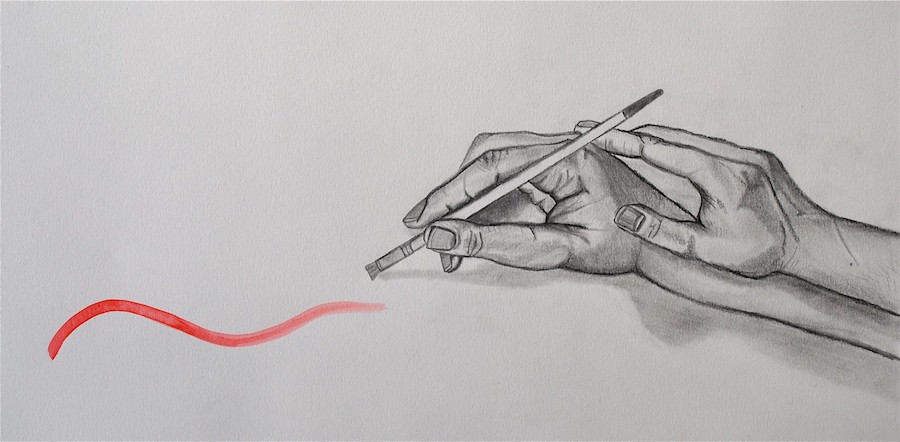ETHICS
The Ethics Committee is charged by the American Art Therapy Association to recommend changes to and endorse the Ethical Principles for Art Therapists. The Ethics Committee educates the membership of the Association and the general public and responds to inquiries regarding issues of ethical practice.
ETHICAL PRINCIPLES FOR ART THERAPISTS
The Ethical Principles for Art Therapists is intended to provide aspirational values and principles that cover many situations encountered by art therapists. Its goal is to safeguard the welfare of the individuals and groups with whom art therapists work and to promote the education of members, students, and the public regarding ethical practice of the art therapy discipline. The Ethical Principles for Art Therapists is available for download here.
BEST PRACTICE PAPERS AND USEFUL GUIDES TO ETHICAL DECISION MAKING
The American Art Therapy Association Ethics Committee provides this series of “best practice” papers as non-binding guidelines to help art therapists interpret and apply the Ethical Principles for Art Therapists.
- Addressing Race and Racial Trauma
- Appropriate Responses to Sexual Orientation
- Art Therapists Training Non-Art Therapists
- Aspirational Values Underlying the AATA Ethical Principles
- Ethical Decision Making
- Exhibiting Client Artwork
- Informed Consent: Documenting, Sharing, and Presenting Artwork by Research Participants
- Informed Consent: Documenting, Sharing, and Presenting Artwork by Clients
- Open and Community Art Therapy
- Responding to Media Requests
- Storing Art Created in Art Therapy
- Working with Unaccompanied Immigrant Children in Federal Agencies
The following resources may provide additional information in ethical practice:
- Art Therapy Multicultural/ Diversity Competencies (provided by the Multicultural Committee and referred to in the Multicultural and Diversity Cultural Competence section of the Ethical Principles for Art Therapists)
- How to Proceed When You Believe Someone is Misrepresenting Him/Herself as an Art Therapist
- Examples of inaccurate use of the term “art therapy”
VALUES STATEMENT
The AATA is entrusted to provide leadership and assistance to engage a growing and diverse membership of professional art therapists whose services are valued and considered essential to the public in mental health, healthcare, education, arts, and community programs. The statement articulates the core values of the Association.
ETHICS INQUIRIES
The Ethics Committee primarily serves an educational mission to members of the American Art Therapy Association and the general public. Anyone is welcome to submit an inquiry on a case that seems problematic.
Once received and if found to be within the scope of the Ethics Committee mandate, the inquiry will be discussed by the full committee. This process can take two to three weeks. The inquirer will receive a summary of the discussion to help identify the relevant aspirational values and ethical principles. The committee will not offer advice and should not be considered a substitute for supervision or legal counsel.
As the scope of the committee is limited to education, the American Art Therapy Association Ethics Committee does not review complaints or conduct investigations into ethics violations. Such concerns should be addressed to the relevant credential regulatory bodies of the art therapist in question, such as the Art Therapy Credentials Board or state licensing board.
For an ethics inquiry, contact the Chair of the Ethics Committee.


